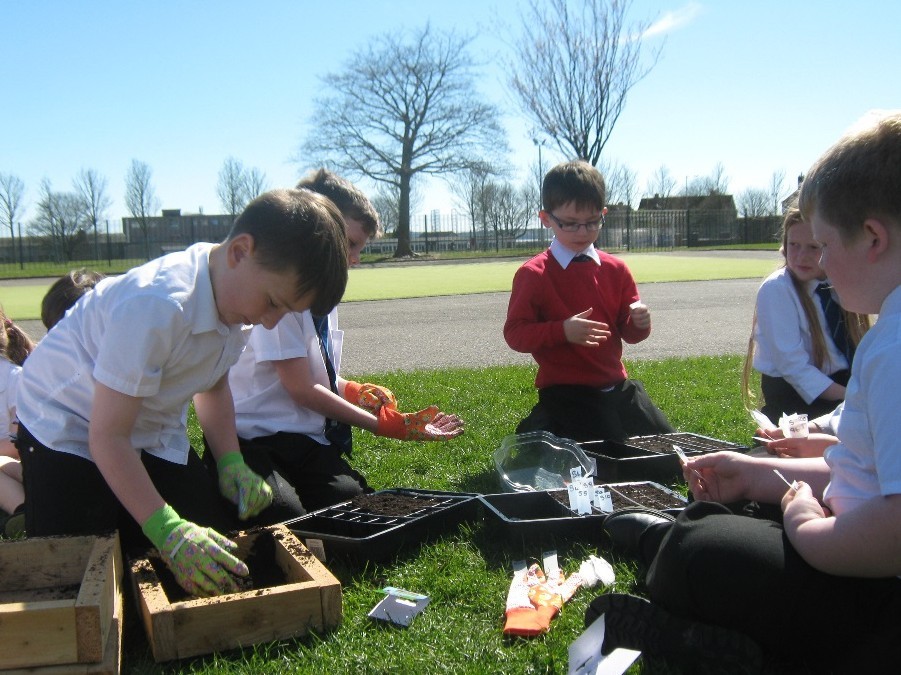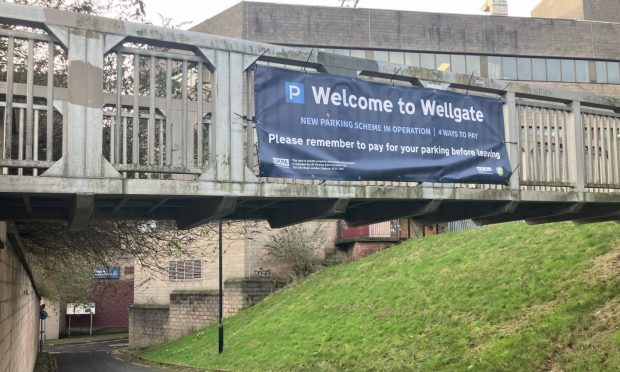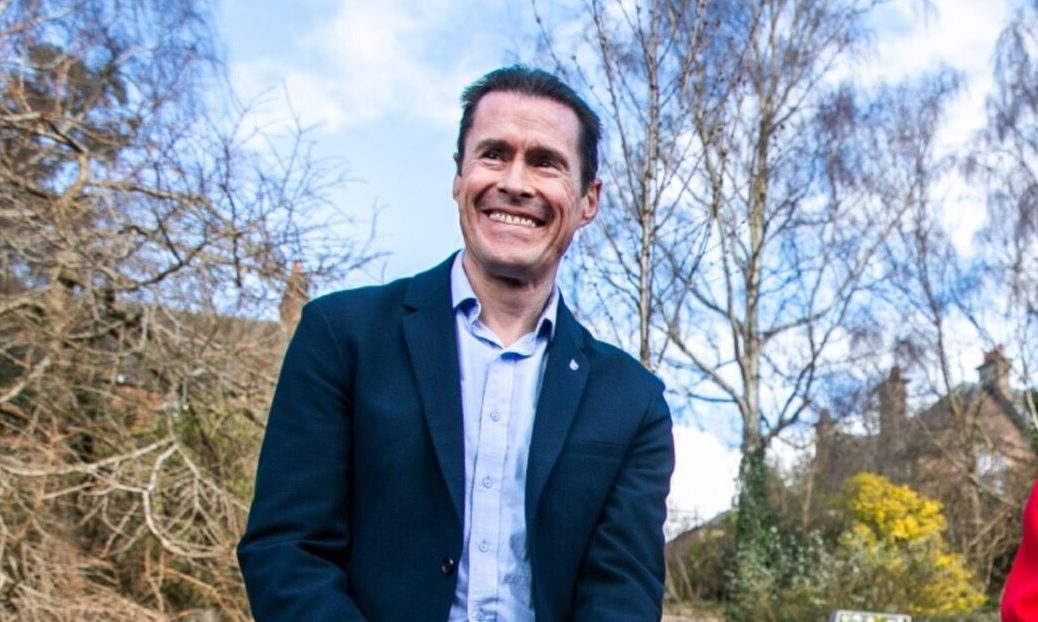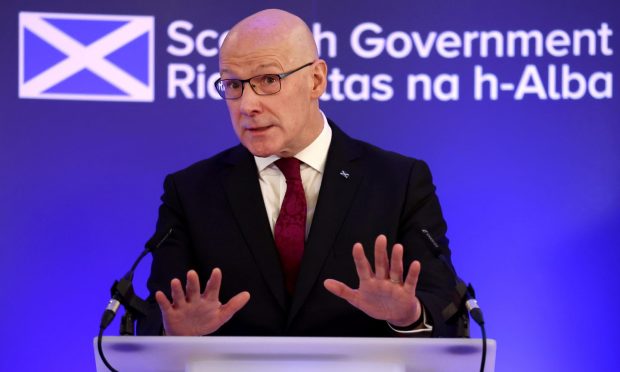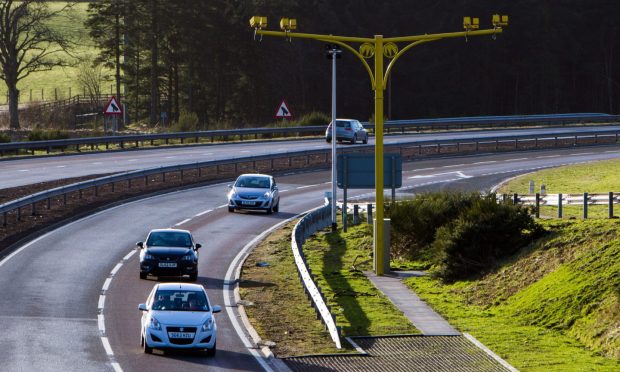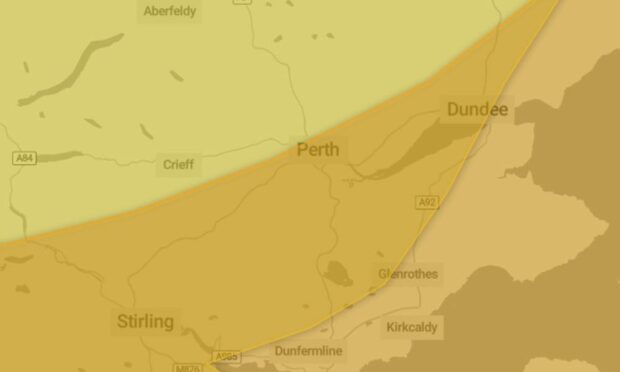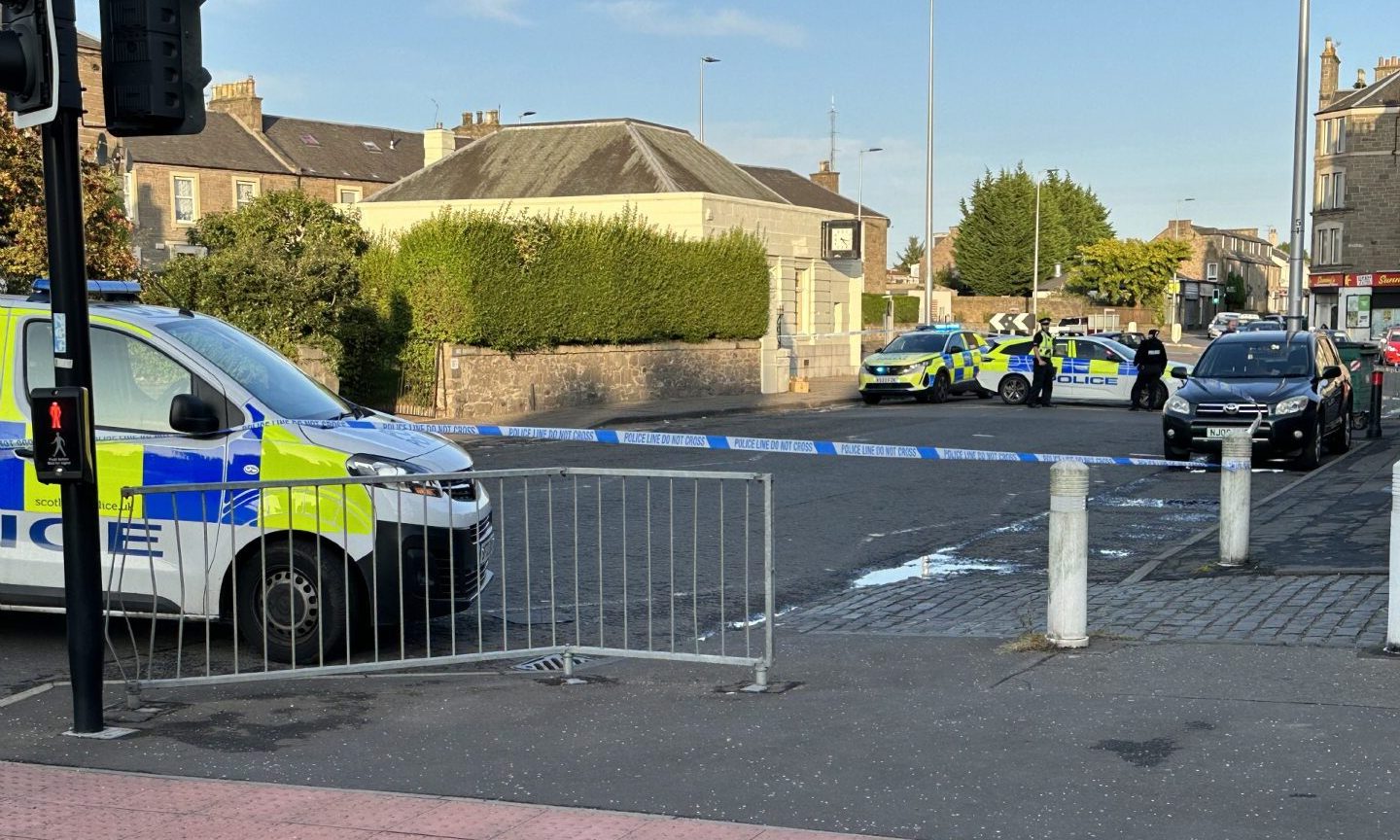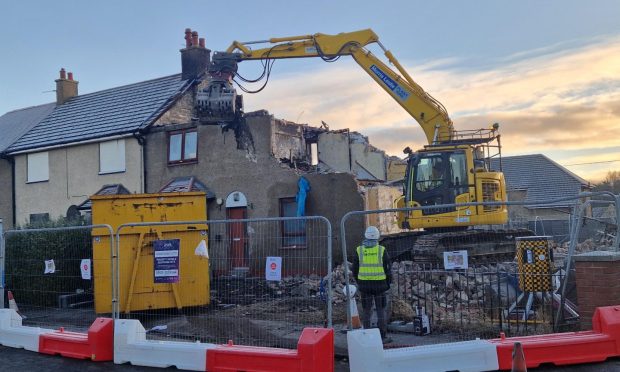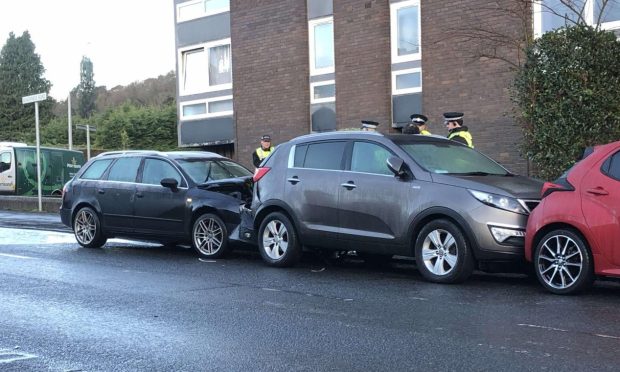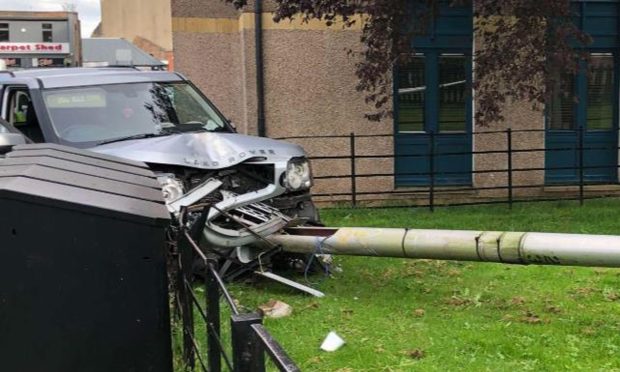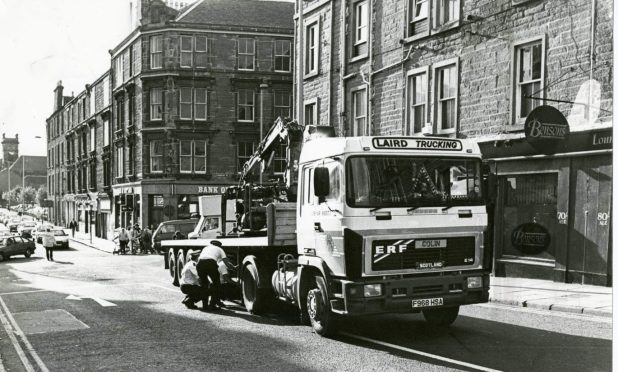Pupils at a Dundee school are set to become space botanists, growing plants from seeds that have travelled through the cosmos.
Young horticulturists at St Luke’s and St Matthews primary school were chosen to grow the seeds as part of an experiment between the Royal Horticultural Society and the UK Space Agency.
The experiment, known as Rocket Science, started with seeds being flown in to space last September on a Soyuz 44S rocket.
The seeds then spent time in “microgravity” aboard the International Space Station (ISS), before being returned to Earth in March.
The seeds will be grown alongside seeds that have not left the planet, and the pupils will mark any comparisons the resulting plants may have.
The pupils will not be told beforehand which seeds have flown through space and which ones have not, allowing for a more scientifically accurate investigation to take place.
Mr Neil Lowden, Head Teacher at St Luke and St Matthews, said: “We are very excited to be taking part in Rocket Science.
“This experiment is a fantastic way of teaching our children to think more scientifically and share their findings with the whole school.”
The Rocket Science initiative is one of a range of measures the UK Space Agency has undertaken to celebrate the British astronaut Tim Peake’s mission aboard the ISS.
Flight engineer Peake sent his best wishes to pupils around the country who are taking part in the experiment, in a message sent from 400 km above the planet.
He said: “This is a really exciting time for the hundreds of thousands of young people across the country who will begin their Rocket Science experiments.
“I’d like to wish everyone taking part the best of luck with their investigations and I look forward to seeing some of the results.
“It’s possible that among those pupils taking part in the project are the young people who will help mankind reach the next big milestones in space exploration for the benefit of people on Earth.
“I hope the Royal Horticultural Society’s Rocket Science experiment will spark curiosity and wonder amongst young people who may become the next generation of horticultural scientists.”
St Luke and St Matthews was one of 10,000 schools across Britain chosen to take part in the experiment.
The UK Space Agency hopes to encourage children in to careers in science, technology, engineering and mathematics- of which horticulture is included.
